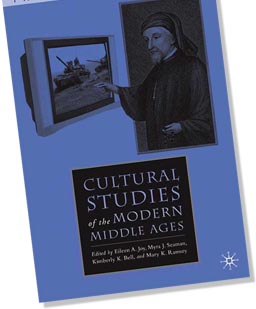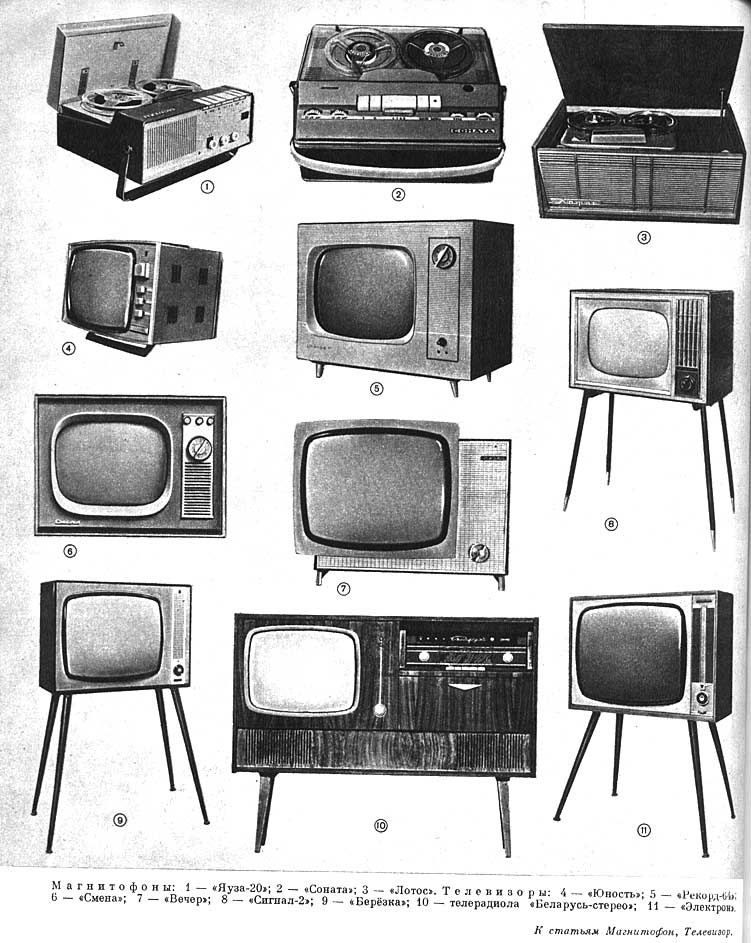BABEL collection: Fragments Toward a History of a Vanishing Humanism
Fragments Toward a History of a Vanishing Humanism
Editors: Eileen A. Joy and Myra J. Seaman
 BOOK DESCRIPTION
BOOK DESCRIPTION
What qualifies as a human, as a human subject, as human speech, as human desire?
—Judith Butler[1]
. . . as scholars and teachers we believe we are right to call what we do “humanistic” and what we teach “the humanities.” Are these still serviceable phrases, and if so in what way? How then may we view humanism as an activity in light of its past and probable future?
—Edward Said[2]
For a long while now, there has been a significant turn both to and beyond “the human” (or, the liberal humanist subject) in aesthetic, historical, philosophical, sociological, and more scientific studies—a turn, moreover, which is also often accompanied by a nod to post-histoire, or the “end of history.” This poses a great challenge to those concerned with the future of humanistic letters and education, especially when, as the philosopher of religion John Caputo has written, “one has lost one’s faith in grand récits,” and “being, presence, ouisa, the transcendental signified, History, Man—the list goes on—have all become dreams.” Read more 
postmedieval volume 1 issues 1-2: When Did we Become Post/human?
Volume 1, Issues 1-2: When Did We Become Post/human?
Eileen A. Joy (Southern Illinois University Edwardsville) and Craig Dionne(Eastern Michigan Univ.)
This issue is designed as a dialogue with Katherine Hayles’s 1999 book How We Became Posthuman: Virtual Bodies in Cybernetics, Literature, and Informatics, and features medieval and early modern approaches to the question of the historicity of the post/human as an intellectual, social, cultural, philosophical, and scientific category of thought as well as a state of material reality. The issue also seeks to demonstrate that contemporary discourses on the post/human raise a host of troubling questions relative to issues of embodiment, subjectivity, cognition, sociality, sexuality, spirituality, self-determination, collectivization, expression, representation, well-being, ethics, governance, technology, and the like for which pre- and early modern history and culture provide important resources for critical reflection. The issue features Katherine Hayles, Andy Mousley, and Kate Soper as Respondents.
BABELisms: Heroic Age
a regular column, edited by Eileen Joy, in The Heroic Age, “babelisms” [premiered with Issue 11: Spring 2008]
Cultural Studies of the Modern Middle Ages (BABEL Book)
Cultural Studies of the Modern Middle Ages
editors Eileen A. Joy, Myra J. Seaman, Kimberly K. Bell, Mary K. Ramsey
(Palgrave Macmillan NEW MIDDLE AGES SERIES, December 2007)


Eileen A. Joy and Myra J. Seaman
Through a Glass, Darkly: Medieval Cultural Studies at the End of History
Introduction to Cultural Studies of the Modern Middle Ages
A historical work. . .that recognizes how the archaic, the past, the “primitive,” the medieval continues to inhabit the present as an inheritance of traumas unresolved and still demanding resolution. . .might also recognize the possibility that doing history can mean a commitment not just to excavating the past but to considering how the past inheres in the present in such a way as to demand that the present, and thus the future, be thought otherwise.
—Steven F. Kruger, “Medieval/Postmodern: HIV/AIDs and the Temporality of Crisis”
. . . the study of culture without politics is an inane undertaking.
—Françoise Meltzer, “Future? What Future?”
The End of History
On 29 April, 2005, The New York Times reported the following: “In a showdown that featured inside–the–Beltway lobbying and bare-knuckle boardroom negotiating, Donald J. Trump and President Bush effectively squared off yesterday in pursuit of the same parcel of real estate—a piece of the NBC-TV prime-time lineup. And it was the president who blinked first.”1  The day before the White House had scheduled a press conference for 8:30 p.m. and NBC had requested it be moved to 8:00, so that it would not interfere with their highly-rated reality television program The Apprentice, scheduled to begin at 9:00. Other networks, such as Fox Broadcasting and CBS, had originally planned not to run the president’s press conference at all, because they did not want to preempt their highly popular shows—The O.C. and Survivor, respectively. In the end, the White House agreed to move the press conference to 8:00 and all three networks decided to give it live coverage. Yet despite the White House’s capitulation NBC and CBS stopped their coverage at exactly 9:00 p.m. before the president was finished with his parley with reporters, refusing to allow The Apprentice and Survivor to be preempted for any amount of time, not even for the one minute that was all that was actually left of the press conference. It was clear that President Bush himself was both aware of and nervous about when the television networks might “cut away” from him, because midway through the hour he delayed questions from the print media, saying, “Let me finish with the TV people first.” 2 And toward the end of the hour, he called for the final question from the press, saying, “I don’t want to cut into some of these TV shows that are getting ready to air. . . . For the sake of the economy.” 3 Read more
The day before the White House had scheduled a press conference for 8:30 p.m. and NBC had requested it be moved to 8:00, so that it would not interfere with their highly-rated reality television program The Apprentice, scheduled to begin at 9:00. Other networks, such as Fox Broadcasting and CBS, had originally planned not to run the president’s press conference at all, because they did not want to preempt their highly popular shows—The O.C. and Survivor, respectively. In the end, the White House agreed to move the press conference to 8:00 and all three networks decided to give it live coverage. Yet despite the White House’s capitulation NBC and CBS stopped their coverage at exactly 9:00 p.m. before the president was finished with his parley with reporters, refusing to allow The Apprentice and Survivor to be preempted for any amount of time, not even for the one minute that was all that was actually left of the press conference. It was clear that President Bush himself was both aware of and nervous about when the television networks might “cut away” from him, because midway through the hour he delayed questions from the print media, saying, “Let me finish with the TV people first.” 2 And toward the end of the hour, he called for the final question from the press, saying, “I don’t want to cut into some of these TV shows that are getting ready to air. . . . For the sake of the economy.” 3 Read more 
Special Issue of Journal of Narrative Theory (BABEL special issue)
JOURNAL OF NARRATIVE THEORY
Volume 37.2 (Summer 2007)
Special Issue: “Premodern to Modern Humanisms: The BABEL Project”

Still from Fritz Lang's film Metropolis (1927)
Table of Contents:
A Confession of Faith: Notes Toward a New Humanism (Eileen A. Joy and Christine M. Neufeld)
An Historian’s Notes for a Miloszan Humanism (Michael E. Moore)
The awkward term “humanism” has served as the title of too many movements and ideals, and seems drained of significance, like a wrinkled old balloon. To speak of revising and retrieving the term for a new form of humanism, as will be done here, is to invite many possible misconceptions. In a strict, traditional meaning, in the context of Renaissance humanism and its later reflections, humanism referred to an attempt to affirm the dignity of the human spirit, and to renew modern culture by a return to antiquity. These goals were to be achieved through the study of human things (res humana), by means of scholarship and literature, history and the arts. In regard to the possibilities for humanism today, and drawing on the poetry and essays of Czeslaw Milosz I wish to suggest the following theses:
- a new humanism, appropriate to our world, and to a hoped-for world civilization, can be intellectually and spiritually grounded in ‘old humanism’ and its medieval and renaissance background;
- a new humanism would be a valuable position, even a source of joy, because of its purposes: to provide resources for personal liberation and the confrontation of contemporary cultural and political reality with ancient alternatives;
- a Miloszan humanism would prove beneficial because it would neither project an ideal humanity nor offer an historicist project for transforming humans into a new humanity;
- such a humanism would rely on real contact with the living and the dead, which is an important dimension of Milosz’s poetry, neither wishing humans away nor idealizing them, and implying the importance of broad study of the human tradition;
- the goal of humanism would then be, not to humanize the world but to craft an engaged, highly cultured and scholarly standpoint, and thus tohumanize the scholar, or rather, to humanize the self. Read more





